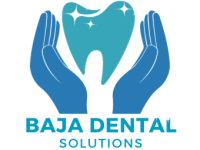Table of Contents
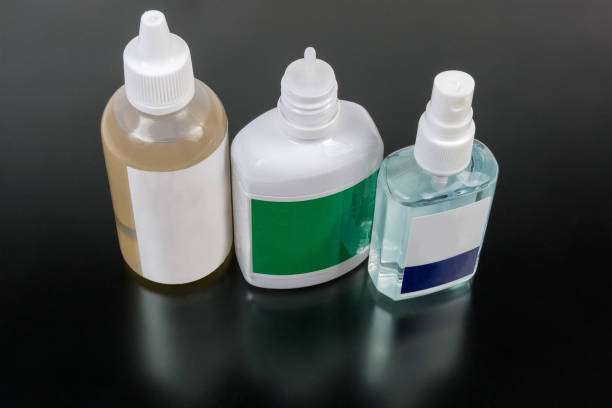
When it comes to oral hygiene, choosing the right mouthwash can be a perplexing decision. With numerous options lining the shelves, two popular choices often stand out: fluoride mouthwash and alcohol mouthwash. Each offers distinct benefits and considerations, leaving many wondering which is the superior option. Let’s dive into the debate of fluoride vs. alcohol mouthwash to help you make an informed decision about what’s best for your dental care routine.
Understanding Fluoride Mouthwash
Fluoride mouthwash is renowned for its ability to strengthen tooth enamel and prevent tooth decay. It contains fluoride ions, which help remineralize the enamel and make teeth more resistant to acid attacks from plaque and sugars. For those prone to cavities or with a history of dental issues, fluoride mouthwash can be a game-changer.
Types of Fluoride Mouthwash
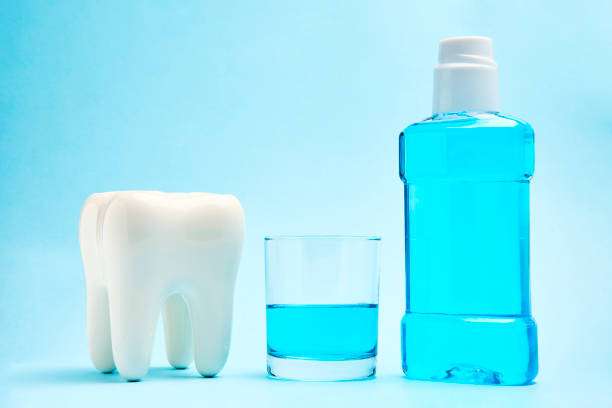
Sodium Fluoride Mouthwash
This type of fluoride mouthwash contains sodium fluoride as the active ingredient. It is widely used for its ability to strengthen tooth enamel and prevent tooth decay.
Stannous Fluoride Mouthwash
Stannous fluoride mouthwash offers similar benefits to sodium fluoride but may also provide additional protection against gingivitis and tartar buildup.
Acidulated Phosphate Fluoride Mouthwash
Acidulated phosphate fluoride mouthwash contains fluoride along with phosphoric acid. It is commonly used in professional dental settings for fluoride treatments and may be prescribed for individuals at higher risk of tooth decay.
Benefits of Fluoride Mouthwash
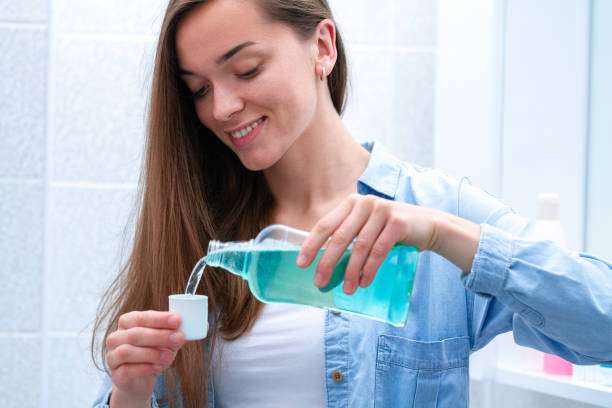
- Strengthens Tooth Enamel: Fluoride actively works to rebuild weakened enamel, making teeth more resistant to decay.
- Prevents Cavities: Regular use of fluoride mouthwash can significantly reduce the risk of cavities and dental decay.
- Recommended by Dentists: Many dental professionals advocate for the use of fluoride mouthwash as part of a comprehensive oral care routine.
Personal Experience
I used to struggle with frequent cavities despite diligent brushing and flossing. Introducing fluoride mouthwash into my daily routine made a noticeable difference in the health of my teeth, leading to fewer dental issues during my check-ups.
Exploring Alcohol Mouthwash
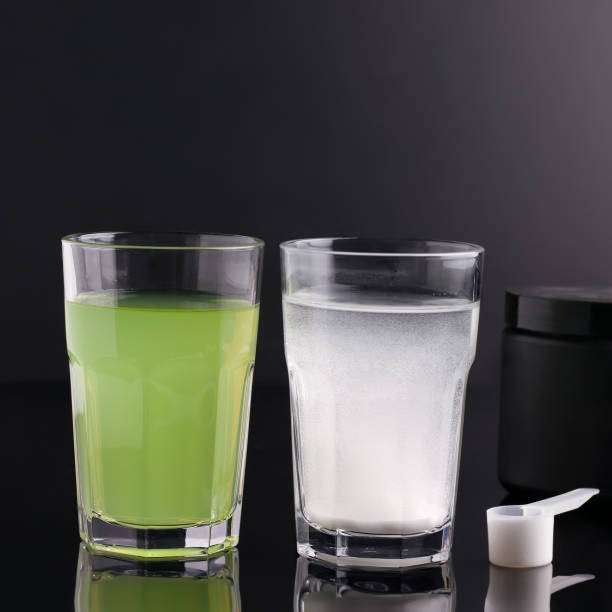
Alcohol mouthwash, on the other hand, is praised for its ability to kill bacteria and freshen breath. It typically contains antiseptic ingredients like ethanol or methyl salicylate, which provide a refreshing sensation but can also pose certain risks for oral health.
Types of Alcohol Mouthwash
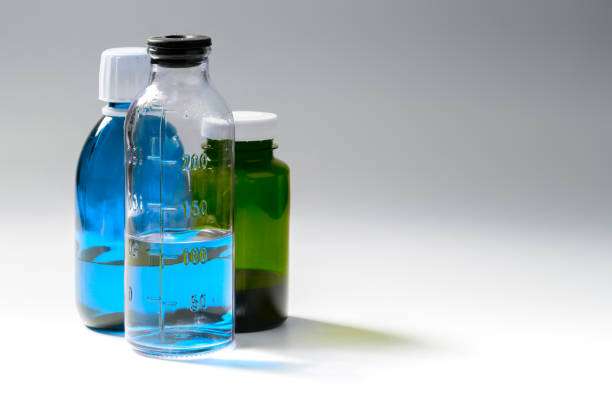
Ethanol-Based Mouthwash
Ethanol-based mouthwash is the most common type of alcohol mouthwash. It contains ethanol as the active ingredient, which provides antibacterial properties and a refreshing sensation.
Methyl Salicylate Mouthwash
Methyl salicylate mouthwash, also known as wintergreen mouthwash, contains methyl salicylate along with alcohol. It offers a minty flavor and is often used for its antiseptic properties.
Chlorhexidine Mouthwash
While not alcohol-based, chlorhexidine mouthwash is worth mentioning due to its antimicrobial properties. It is often prescribed by dentists for short-term use to treat gum disease and other oral infections.
Benefits of Alcohol Mouthwash

- Antibacterial Properties: Alcohol mouthwash effectively kills bacteria and reduces plaque buildup, promoting overall oral hygiene.
- Freshens Breath: The immediate sensation of freshness can leave your mouth feeling clean and revitalized.
- Accessible and Affordable: Alcohol mouthwash is widely available and generally more affordable than fluoride alternatives.
Personal Experience
I once relied solely on alcohol mouthwash for my oral care routine. While it provided an instant burst of freshness, I noticed increased sensitivity and dryness in my mouth over time, prompting me to explore alternative options.
Key Considerations When Choosing Fluoride vs. Alcohol Mouthwash

Fluoride Mouthwash
- Suitable for All Ages: Fluoride mouthwash is safe for children and adults alike, making it a versatile choice for family dental care.
- Long-term Benefits: The protective effects of fluoride can contribute to better oral health outcomes over time.
- May Not Be Suitable for Everyone: Some individuals may have sensitivities to fluoride or prefer fluoride-free alternatives.
Alcohol Mouthwash
- Immediate Results: Alcohol mouthwash offers instant freshness and can be particularly appealing for those seeking immediate results.
- Potential Side Effects: The high alcohol content in some mouthwashes can lead to dry mouth, irritation, and discomfort for some users.
- Not Recommended for Children: Alcohol mouthwash may not be suitable for children or individuals with certain medical conditions.
Advantages and Disadvantages

Advantages of Fluoride Mouthwash
- Strengthens tooth enamel
- Prevents cavities
- Recommended by dentists for long-term oral health
Disadvantages of Fluoride Mouthwash
- May not be suitable for individuals with fluoride sensitivities
- Requires consistent use for optimal benefits
Advantages of Alcohol Mouthwash
- Kills bacteria and freshens breath instantly
- Widely accessible and affordable
- Provides an immediate sensation of cleanliness
Disadvantages of Alcohol Mouthwash
- Can cause dry mouth and irritation with prolonged use
- Not recommended for children or individuals with sensitivities
Frequently Asked Questions

Yes, fluoride mouthwash is generally safe for daily use as part of your oral care routine.
Mouthwash is a supplementary component of oral hygiene and should not replace brushing and flossing, which are essential for plaque removal and gum health.
Yes, it can contribute to dry mouth, especially with prolonged use.
Fluoride mouthwash is often recommended for individuals with sensitive teeth due to its enamel-strengthening properties.
While it can effectively reduce bacteria, it may not eliminate all types of oral bacteria.
It’s generally recommended to avoid it for children, as they may be more sensitive to its effects.
Dentists typically recommend using mouthwash once or twice daily, following brushing and flossing.
Yes, there are fluoride-free mouthwash options available for those who prefer to avoid fluoride.
Yes, the high alcohol content in some mouthwashes can potentially irritate the gums with frequent use.
It’s generally recommended to refrain from rinsing with water immediately after using mouthwash to allow the active ingredients to take full effect.
Conclusion
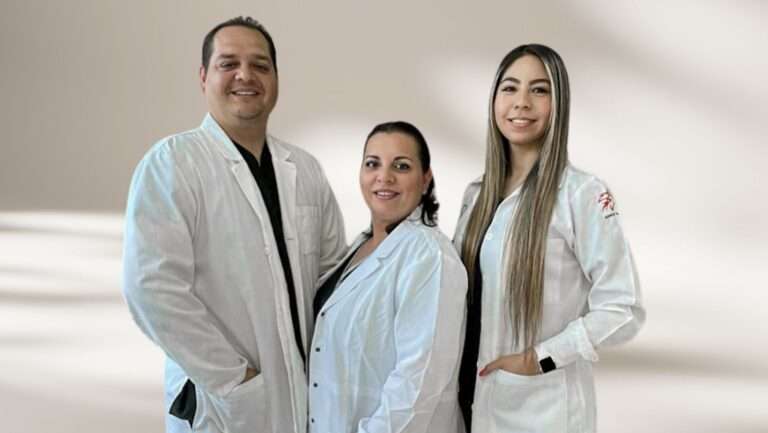
In the fluoride vs. alcohol mouthwash debate, the best choice ultimately depends on your individual needs and preferences. Fluoride mouthwash offers long-term benefits for strengthening enamel and preventing cavities, making it a staple in many oral care routines. However, alcohol mouthwash provides immediate freshness and antibacterial properties, albeit with potential side effects like dry mouth and irritation.
Consider consulting with your dentist to determine which mouthwash aligns best with your oral health goals and sensitivities. Remember, maintaining good oral hygiene goes beyond mouthwash alone and includes regular brushing, flossing, and professional dental cleanings.
In the end, whether you opt for fluoride or alcohol mouthwash, prioritizing consistency and thoroughness in your oral care routine is key to achieving a healthy, radiant smile.
Visit our website:
- Baja Dental Solutions at Tijuana Mexico – Trust the experts at Baja Dental Solutions for affordable high-quality dental care.
